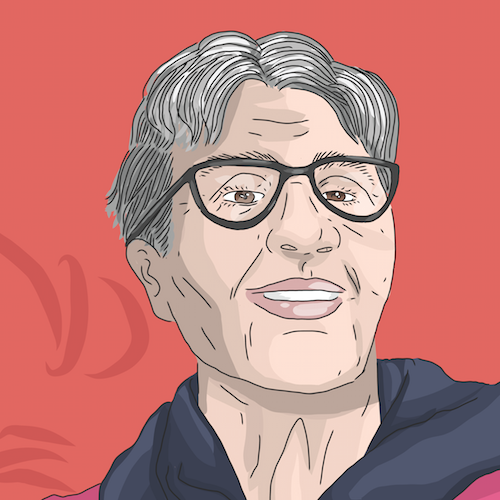‘I’m going to have to make some tough choices’: Struggling for the basics Cost of Living
‘I’m going to have to make some tough choices’: Struggling for the basics
Mandy Weber and her two teenage daughters face the prospect of homelessness for a sixth time once the JobSeeker Coronavirus Supplement is cut in September, and possibly disappears in 2020.
The single mum was just two days away from starting a full-time job as a chef when COVID-19 and the lockdown struck. The venue closed and she lost her position.
Mandy receives JobSeeker payments, which will fall from $1,100 to $800 a fortnight on September 24. The Federal Government has not yet confirmed what will happen to the payment, paid to 1.6 million Australians, beyond 2020.
Mandy says the Coronavirus Supplement, which has put an extra $275 a week in her pocket, has been a lifeline.
“It’s been good having the extra money; it’s been like a lifesaver,” she says.
The supplement has meant Mandy’s family has been able to eat three meals a day, when previously they may have only been able to have one. They have been able to eat more fruit and vegetables – instead of relying on cheap meals like pasta bake to fill them up – buy warmer clothes and blankets and purchase eyewear and medication.
Mandy has also been able to buy cleaning products and basic toiletries for her family, who rent in Bacchus Marsh, west of Melbourne.
“We went four weeks without soap in the house and we had to wash our clothes with shampoo because it was cheaper,” she says.
When the supplement is reduced, Mandy says it will be a struggle to afford medication she needs to help manage her anxiety, depression and panic attacks.
After the supplement stops, and if the base JobSeeker Payment remains at the same level, Mandy would be left with around $40 to $50 a week to buy food and medication, after paying rent and making the minimum payments on gas, electricity and water bills.
The Coronavirus Supplement, which has put an extra $275 a week in her pocket, has been a lifeline.
“Once it cuts, I’m going to have to make some tough choices again on what can be paid, what should be paid and whether we can afford three meals a day.”
Mandy has been homeless five times in the five years she received the Newstart Allowance – which was replaced by the JobSeeker Payment – despite working casual or part-time hours cooking or cleaning.
“We ended up homeless – we couldn’t afford our rent, we couldn’t afford our bills,” she explains.
“It’s not fun being a parent and not being able to give your kids what they need, just the basics that they need.”
The 48-year-old has two adult children who live elsewhere and two teenage daughters who live with her. Her daughters were previously employed at fast food chains and helped buy food and other household essentials, but are currently hunting for work.
Mandy says her age will make it more difficult to find work than if she were younger, adding jobs in the hospitality industry can attract scores of applicants.
She likes spending time with family or in solitude, but also relied on her previous job for social contact.
“When I go to work, that would be my social outlet, my little time with people and then I come home to my own space again,” she says.
“(The COVID-19 situation) has affected our mental health hugely in this house.”
What’s been you experience of life during COVID?
Share your story.
Words: Melissa Jenkins. (CC-BY-NC.)
Illustrations: Jacob Komesaroff. (© VCOSS, 2020.)


 Next: Staying close to nature, staying well
Next: Staying close to nature, staying well